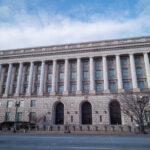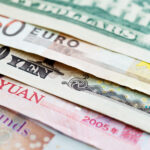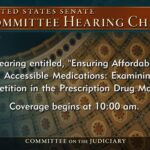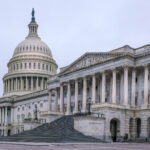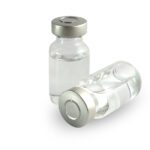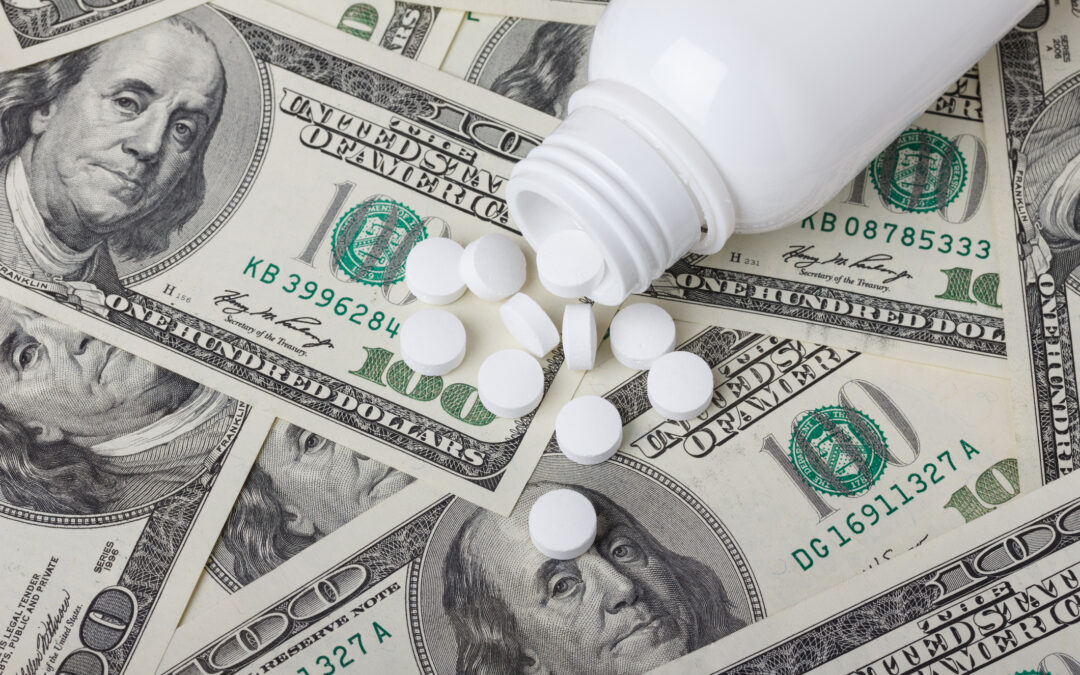
Aug 16, 2022 | Press Releases
“The rebate rule came out of a concern about rising drug prices,” said Brill. “But it is a policy that is chock full of unintended consequences. If it were implemented, we’d have fewer discounts. That’s definitely not going to lower overall spending in the healthcare sector.”

Mar 21, 2022 | News
In his Forbes article, Ike Brannon discusses the blame game being played in Washington in regards to skyrocketing drug prices. MGA’s report “Understanding Drug Rebates and Their Role in Promoting Competition” was utilized by Brannon to bolster the argument that it is the drug companies who are responsible for drug pricing.

Dec 8, 2021 | Analysis
Biosimilars represent a significant cost-savings opportunity in the United States because they can introduce competition for some of the most expensive and widely used prescription drugs on the market: originator biologics. Several market and regulatory barriers have slowed biosimilar market entry and uptake in the United States.

Sep 22, 2021 | News
In a new BioWorld article, Mari Serebrov discusses efforts by Congress to control US prescription drug prices. Interviewed for the article was MGA’s Alex Brill, who talks about the potential side effects of such efforts.

Jun 18, 2021 | News
The Center for Biosimilars has announced that MGA’s recent report, “How Patent Thickets Constrain the US Biosimilars Market and Domestic Manufacturing,” was the top-read article on its website for the week of June 14, 2021.







